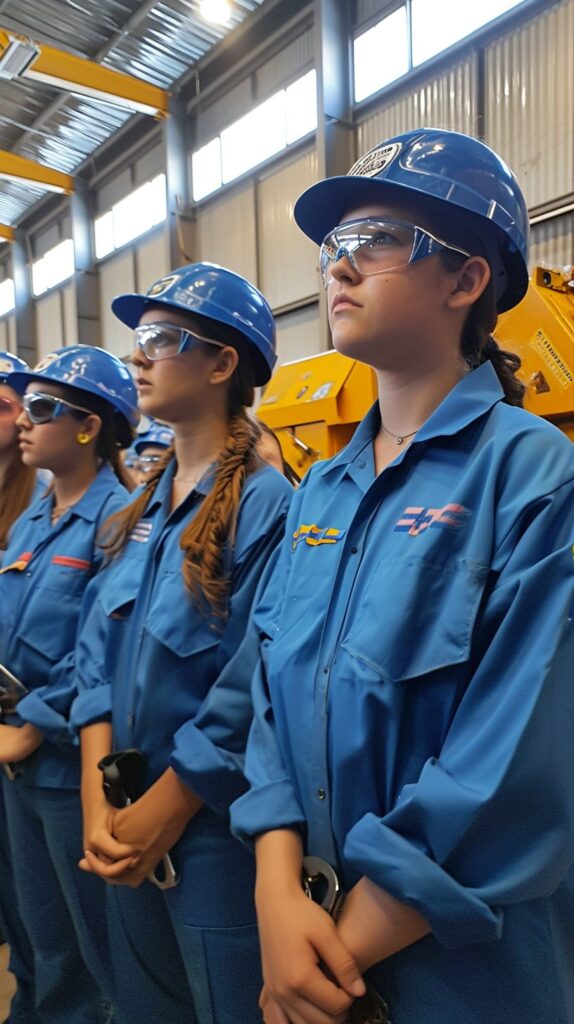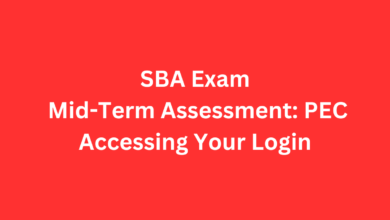Vocational education: Developing a skilled workforce
Vocational education: Developing a skilled workforce
Introduction
Vocational education, often called vocational training or technical and vocational education and training (TVET), is a form of education that prepares individuals for specific occupations. It combines theoretical instruction with practical training, equipping learners with the skills and knowledge necessary to excel in their chosen field.
Importance of Vocational Education

- Skill Development: Vocational education focuses on developing practical skills that are directly applicable in the workplace.
- Employability Increase: Graduates of vocational programs are often highly sought after by employers because of their experience.
- Economic Growth: A skilled workforce is essential to drive economic growth and innovation.
- Personal Fulfillment: Vocational education can lead to satisfying career and personal development.
Types of Vocational Education
- Apprenticeships: Combine on-the-job training with classroom instruction.
- Trade Schools: Offer specialized training in a particular trade or craft.
- Technical Colleges: Provide advanced technical skills and knowledge.
- Community Colleges: Offer a mix of vocational and academic programs.
Benefits of Vocational Education
Early Employment: Many vocational programs offer early employment opportunities.
- Higher Income: Skilled workers often command higher salaries.
- Career Development: Vocational education can serve as a foundation for further education and career development.
- Problem Solving Skills: Practical training develops strong problem solving skills.
Challenges and Opportunities

- Negative Perception: Vocational education is often considered inferior to academic education.
- Skill mismatch: The skills taught in vocational programs may not always match the demands of the job market.
- Limited Funding: Many vocational programs face inadequate funding.
- INDUSTRY COLLABORATION: Strong partnerships between academia and industry can improve program relevance.
- Technology Integration: Incorporating technology into professional training is critical to staying current.
Table: Comparison of Vocational and Academic Education
| Feature | Vocational Education | Education |
|---|---|---|
| Focus | Practical skills and knowledge Theoretical knowledge and critical thinking | |
| Learning Environment | At hand, practical Classroom-based, theoretical | |
| Career Outcomes | Specific occupations Diverse Career Paths |
Frequently Asked Questions About Vocational Education
Is vocational education right for everyone?
- Although not suitable for everyone, vocational education is a great option for those interested in hands-on learning and specific career paths.
*Can I pursue higher education after vocational training? - Yes, many professionals go on to further education, including graduate university degrees.
*How do I choose the right vocational program? - Research different programs, consider your interests and career goals, and talk to professionals in the field.

Result
Vocational education plays an important role in preparing individuals for successful careers and contributing to economic development. By addressing challenges and seizing opportunities, vocational education can be a powerful tool for empowering individuals and strengthening the workforce. Vocational education must be promoted as a valued and respected path to success.
Would you like to focus on a particular aspect of vocational education, such as its role in closing the skills gap or the importance of apprenticeships?







